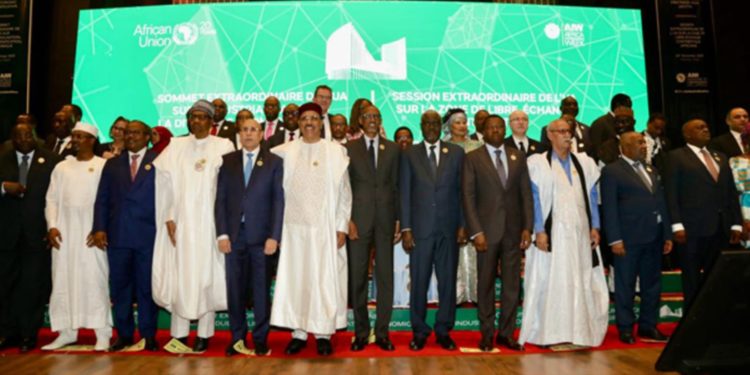By Winfred Watenya
Civil Society Organizations (CSOs) and National Human Rights Institutions engaging with the African Union (AU) human rights mechanisms are calling for greater transparency in the nominations and selection of members of the mechanisms.
They also call for a more inclusive and participatory process.
The call is especially applicable to the July 2024 elections to fill three vacancies at the African Court on Human and Peoples’ Rights.
The undersigned organizations acknowledge that the Executive Council of the African Union, during its 44th Ordinary Session, voted to re-elect Hermine Kembo Takam Gatsing as a member of the African Committee on the Rights and Welfare of the Child (Committee).
He says that while congratulating Hermine Kembo Takam Gatsing on her re-election, future nomination, and election processes must be strengthened for transparency and broader participation.
The Committee, established by the African Charter on the Rights and Welfare of the Child (African Child Rights Charter), consists of 11 independent experts nominated by State Parties and elected for a term of five years, renewable once. State Parties to the African Child Rights Charter may nominate nationals of State Parties as candidates for vacant seats. In the current round, only Hermine Kembo Takam Gatsing was nominated.
The next election of members of an African Union human rights mechanism will be for the African Court. As it is about six months ahead of these elections, the undersigned organizations have launched an initiative to facilitate more meaningful civil society engagement in the process.
By July 2024, three upcoming vacancies at the African Court need to be filled. Judge Ben Kioko (Kenya) completes his second term and should be replaced by a male judge from East Africa. Judge Blaise Tchikaya (Democratic Republic of Congo) and Judge Stella Isibhakhomen Anukam (Nigeria) are ending their first terms and are eligible for reelection.
State Parties to the Court Protocol may however nominate other candidates for these two positions: a male from the AU’s Central African region, and a female from the West African region.








